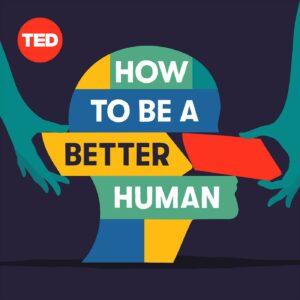
In her 2023 Ted Talk at BCG, Jessica Apotheker explores the impact of AI on marketing and its potential to revolutionize productivity. She discusses the implications for marketers and businesses, as well as the need for a balanced approach to leverage the benefits of AI while preserving human creativity and innovation.
Jessica Apotheker highlights the potential of generative AI to revolutionize marketing productivity, similar to the impact of word processors and spreadsheets in the past. By embedding generative AI in organizations, marketing activities can be transformed, leading to significant improvements in productivity. A study by the Boston Consulting Group and Harvard shows that chat GPT, in its current form, already enhances the right brain performance of marketers by 40%. This demonstrates the power of AI to enhance marketing capabilities.
The transformation of marketing activities by generative AI raises questions about how marketers will utilize their newfound free time and whether companies will allow it. Marketers need to actively steer the productivity revolution by investing in creating more personalized content. While personalized content leads to a better consumer experience, there is also a risk of content overload. Generative AI trained on existing content can help reduce divergence of outcomes and equalize marketing practices, ensuring a balance between personalization and content overload.
To navigate the age of AI, companies should build teams of marketing data scientists and engineers. These teams can predict outcomes and understand consumer behaviors, enabling companies to make data-driven decisions. Marketers should also cultivate their strengths, whether it’s creativity or data-driven rationality, and invest in relevant tech skills to enhance their competencies. Additionally, companies need to think beyond their current territory and seek partnerships with data and content providers to expand their reach and target new consumer segments.
While generative AI offers significant benefits, over-reliance on it can stifle true innovation. Companies should identify true innovators within their teams and strategically risk them to use AI for inspiration and fast prototypes. However, it is crucial to protect their ability to originate original ideas using their human brain. This balance between AI-driven innovation and human creativity is essential to foster true innovation in marketing.
The impact of AI on marketing is expected to be significant, with the potential to revolutionize productivity and transform marketing activities. Marketers need to actively embrace the productivity revolution and invest in personalized content while being mindful of the risks of content overload. Building effective marketing teams and finding the right balance between AI and human creativity are key to navigating the age of AI and driving innovation in marketing.